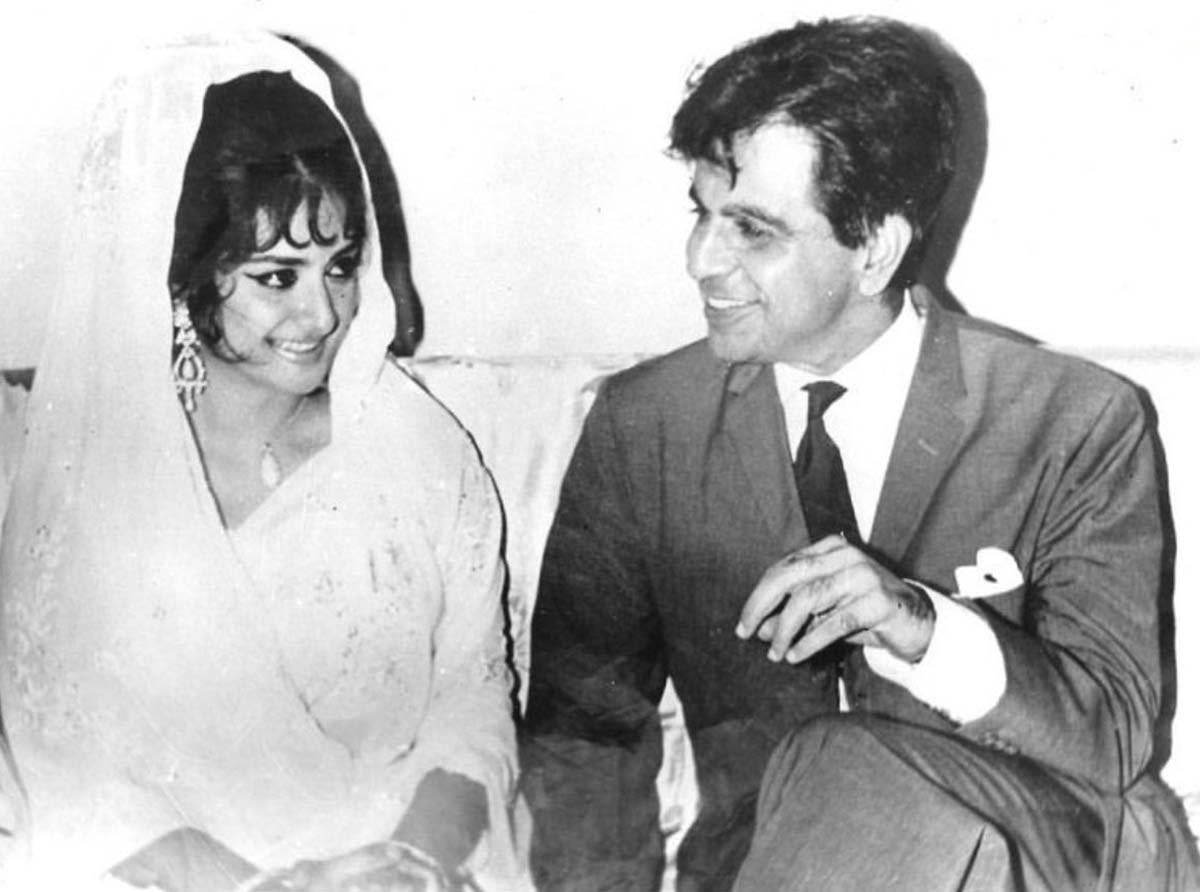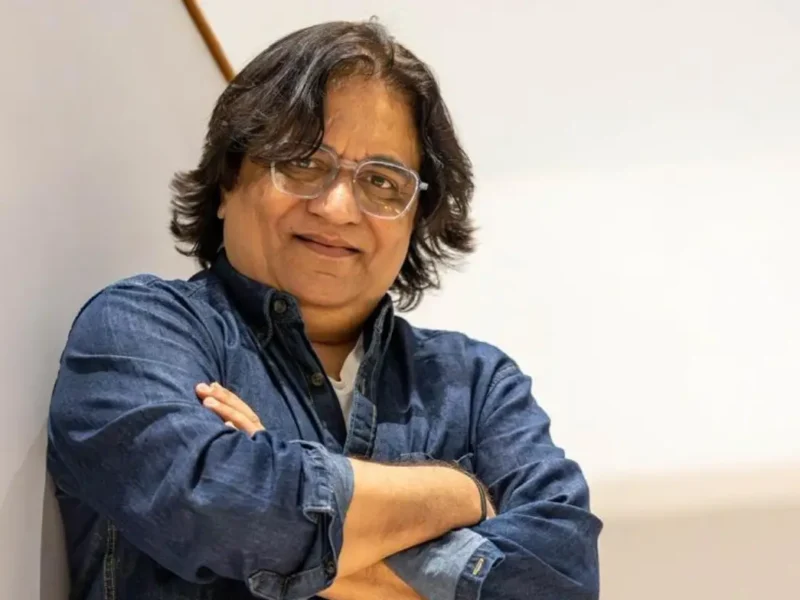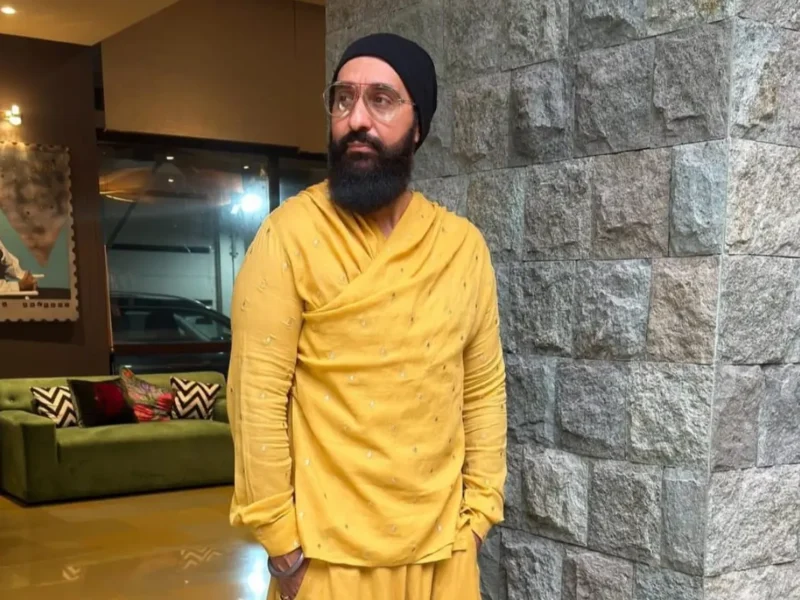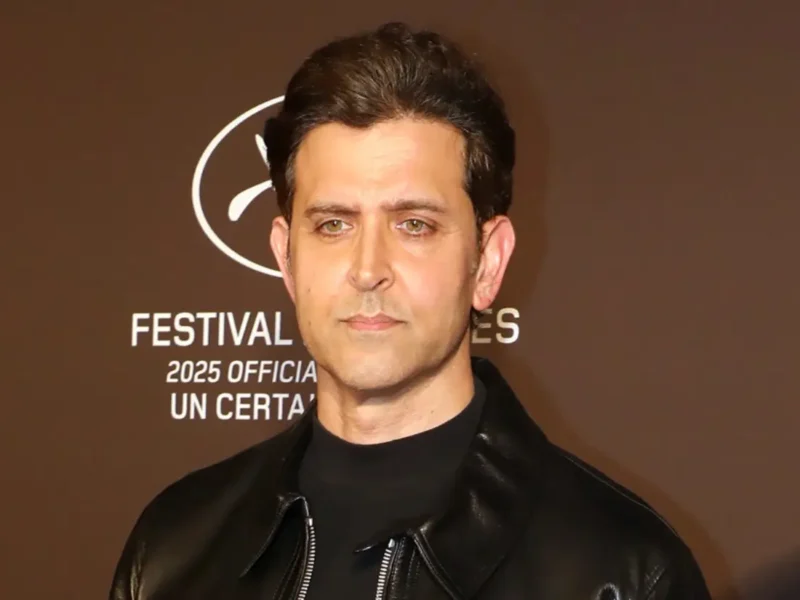
Saira Banu Remembers Bollywood’s ‘Tragedy King’
MUMBAI (ANI) – The legendary actor Dilip Kumar passed away unexpectedly in Mumbai on July 7, 2021, at the age of 98, after a prolonged illness. Known as the ‘tragedy king’ of Hindi cinema, he mesmerized audiences for over six decades with his versatile acting abilities, charming personality, and unique dialogue delivery. Some of his famous dialogues, such as “Kaun kambakht hai jo bardaasht karne ke liye peeta hai, main toh peeta hoon ki bas saans le sakun,” “Ek kranti marega… toh hazaar kranti paida honge,” and “Mera dil bhi aapka koi Hindustan nahi, jispar aap hukumat karein. Haq hamesha sar jhukake nahin… sar uthake maanga jaata hai,” continue to resonate with his fans.
On the second anniversary of his death, Saira Banu, his wife, joined Instagram and shared a heartfelt tribute to him. She posted Kumar’s favorite Urdu couplets and expressed her gratitude towards the overwhelming support and love they received from fans and friends worldwide. Saira fondly recalled her loss and quoted another Urdu couplet, expressing her longing for him to awaken and bring life back to the world.
Saira emphasized that she still feels his presence and believes that they will continue to walk the path of life together, hand in hand, in their thoughts and being. Dilip Kumar was not only an iconic actor but also a humble and dignified human being who inspired generations with his presence and personality.
Saira concluded her post by stating her intention to share Dilip Kumar’s life, thoughts, vision, dedication, and contributions to the film industry and society on Instagram. In 1966, Dilip Kumar married Saira Banu, and they resided in Bandra, a suburb of Mumbai, until his passing in 2021.
Dilip Kumar is credited with pioneering method acting in Indian cinema and was hailed as the “Abhinay Samrat” (Emperor of Acting) by his audience. He appeared in less than 60 films, showcasing his talent in various roles during his five-decade-long career. Some of his notable movies include ‘Andaz’ (1949), ‘Daag’ (1952), ‘Devdas’ (1955), ‘Azaad’ (1955), ‘Naya Daur’ (1957), ‘Madhumati’ (1958), ‘Mughal-E-Azam’ (1960), and ‘Ram Aur Shyam’ (1967).
The Government of India recognized Dilip Kumar’s contributions to film by honoring him with the Padma Bhushan in 1991 and the Padma Vibhushan in 2015. In 1994, he received the prestigious Dadasaheb Phalke Award, the highest honor in Indian cinema. Dilip Kumar will always be remembered as the “First Khan of Hindi Cinema,” leaving behind an indelible legacy in the industry.



